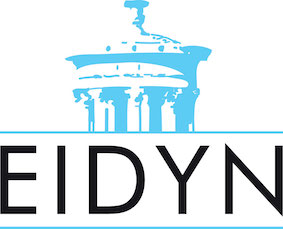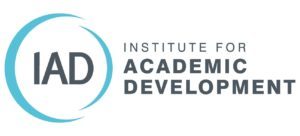How to Participate, Call for Abstracts
The University of Edinburgh’s School of Philosophy, Psychology and Language Science is pleased to announce the Timescales of Life and Mind conference and workshop, with the workshop held on the 4th of November, and the conference proper on the 5th and 6th of November.
Registration is now closed for the workshop on the 4th of November. Note that the workshop is intended to serve as a primer in the basics of Predictive Processing and the Free Energy Principle and will be primarily discussion driven. Given the importance assigned to high quality discussion, we ask that all participants read the following paper, at a minimum, if they choose to attend the workshop. More details are available in the E-PAY registration form.
From cognitivism to autopoiesis: towards a computational framework for the embodied mind
Paper by Micah Allen and Karl Friston
https://link.springer.com/article/10.1007/s11229-016-1288-5
Registration is now closed for the conference proper on the 5th and 6th of November. The conference itself will consist of talks by eleven keynote speakers and two student speakers spread out over two days, with coffee, tea, and lunch provided on each day. Vegetarian, vegan, dairy-free, and gluten-free items will be available.
Note that registration for the workshop does not preclude registration for the conference or vice-versa; we encourage attendees to attend both events, or either individually. We also recognize that some attendees may not have the free time to attend registration on the morning of the 5th; morning registration is not mandatory.
Conference overview
Predictive processing (PP) (Clark, 2013/2016; Hohwy, 2013) and the more general free energy principle (FEP) (Friston & Stephan, 2009; Friston, 2010/2013) are two related and emerging frameworks that have taken cognitive science by storm. Whilst PP, a process theory, describes cognition (i.e., perception, action, learning) in terms of prediction error minimization brought about by recurrent hierarchical bi-directional message passing, FEP, a state theory, grounds the notion of free energy minimization in a requirement for life (i.e., actively avoiding terminal phase transition boundaries that would result in thermodynamic equilibrium). Common to both PP and FEP is the notion that error minimization occurs at various temporal and spatial scales. In PP this is often cast as hierarchical levels of the brain, the temporal dynamics of which vary from short to long temporal-scale dynamics as one ascends the cortical hierarchy. In FEP, the notion of error reduction (or equivalently maximizing model evidence) has been cast more widely, ranging from microscale systems (e.g., single cells) to macroscale systems (e.g., evolutionary selection). More recently, this kind of multiscale-oriented perspective on error reduction has been given the name variational neuroethology (Ramstead, 2017).
Promoting high-quality research, this conference will provide an interdisciplinary approach to the distinct yet nested (spatio-) temporal scales of error minimization found in PP and FEP systems of all granularity. Whether implied in the Markov blankets of individual cells that induce adaptive behaviour, the hierarchical message passing in cellular ensembles of individual brains and bodies, or the information self-structuring that arises at the level of social organization, thinking about intelligent adaptive behaviour in terms of spatio-temporal scales offers a robust methodological and theoretical entry point into analysing the fundamental common imperative of error minimization in both FEP and PP.
We welcome both theoretical and empirical approaches from various philosophical, cognitive scientific, psychological, biological, and ecological perspectives. We hope this conference will provide an exciting platform for discussing cognition both at the individual phenomenon-specific timescales in addition to the interwoven timescales of various mutually influencing phenomena.
Submission guidelines
PhD candidates in philosophy, cognitive science, psychology, biology, and ecology and related subjects are strongly encouraged to submit proposals.
All proposals should include (1) an abstract of 400 words maximum and (2) a CV that features the following information: degree currently under study and academic affiliation. The file name should be your surname. Members from under-represented groups are particularly welcome to apply.
Abstract submissions are now closed.
All presentations will be 20 minutes long, followed by 10 minute discussion. There will be no registration fees for paper presentations. Attendance is free.








Comments are closed
Comments to this thread have been closed by the post author or by an administrator.